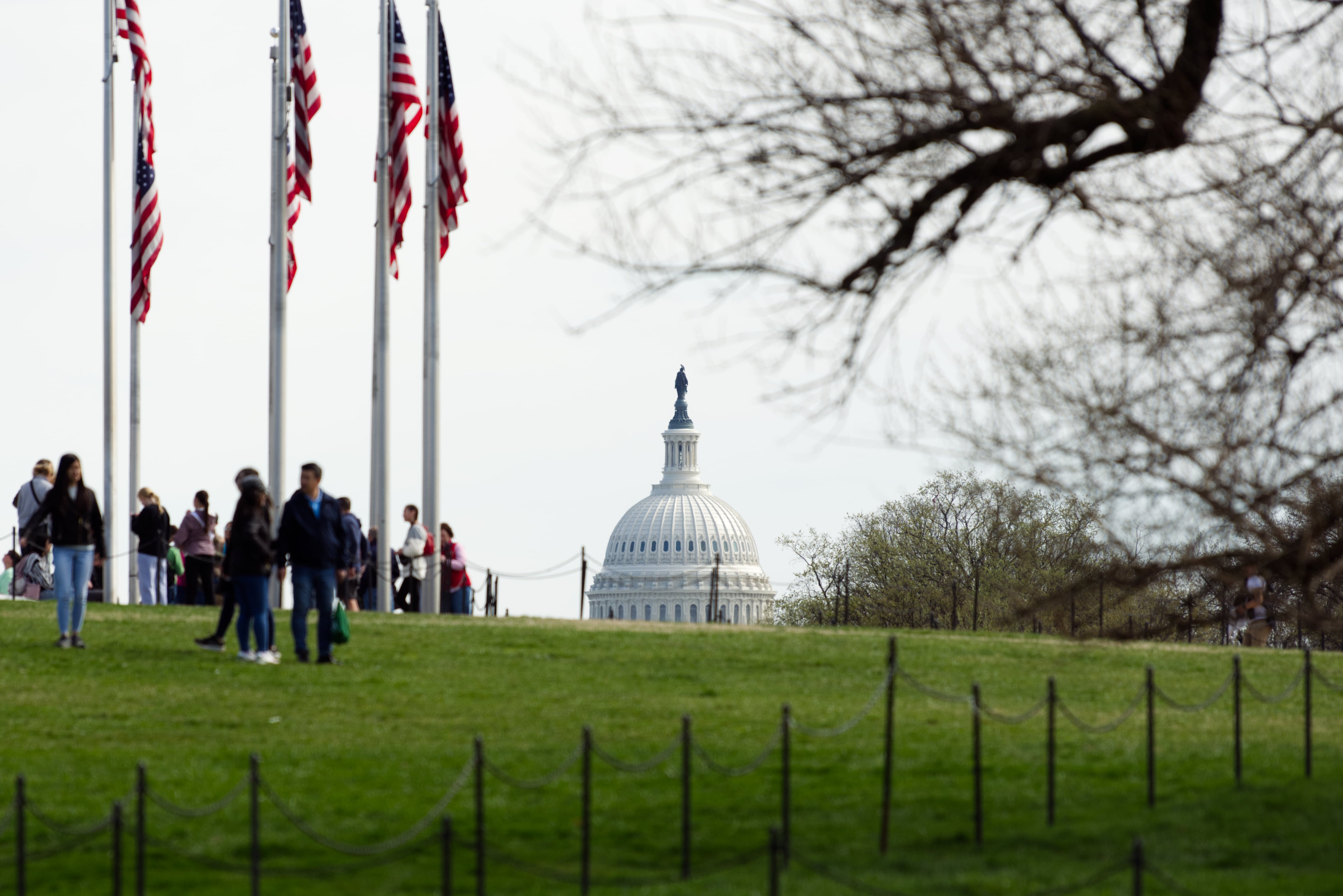"It provides a framework from which we can all hope to deliver better IT for the federal government, for the citizens going forward," he said during an April 14 event hosted by the Association for Federal Information Resources Management. "I'm particularly focused on making sure this lands right … Take advantage of the opportunity this is giving us to do IT the right way."
More: Major IT reform to have 'immediate effect' on feds
Scott focused in on what he considered the most important dimensions of the law, including added authority and responsibility for department-level CIOs, as well as the reform aspect of the legislation.
"I've met a few people who think it means: I get to do exactly what I was doing before and I don't have to change anything — and I'm going to write you pages of comments to justify that point of view," he said, referencing discussions and written feedback around OMB's forthcoming policy guidance. "We've got work to do. There's plenty of opportunity for explaining and helping people understand not only what this is but why it's a good idea and why we've got to get [the implementation] absolutely right."
Agencies and stakeholders have been commenting on a draft guidance document being circulated by OMB, which should be ready for public dissemination as early as May, Scott said.
More: Agencies need FITARA plan ahead of OMB guidance
Getting all agencies on the same page will require clear rules, developing and tracking the right metrics and "putting the right mechanisms in place" to make it easier for feds to adopt and transition to new technologies.
"You have to ask the question, do we have all the right pieces in place that would enable people to get to the cloud," Scott said as an example. "If you don't, just commanding people to go there isn't going to get you much, except a lot of frustration."
Previous legislation — the 1996 Clinger-Cohen Act — gave agencies the opportunity to structure IT acquisition and implementation in the way envisioned by FITARA but the mandate wasn't there, according to DHS Deputy CIO Margie Graves.
"What this does is strengthens the backing that we will get from various quarters," she said. "It's about the conversation … You look at the way your governance structure lays out and you say, where is the most important point at which to insert that authority so that you can influence — you may never have complete control but you always have influence — so that you can influence the outcome in terms of mission delivery?"
Under FITARA, department CIOs are given a codified place at the table and a mandate to include themselves in discussions about how best to meet agency missions.
"You can't legislate good management," said Benjamin Rhodeside, senior policy advisor to Rep. Gerry Connolly, D-Va., one of the prime authors of FITARA. "How can we make sure that government wide, the right people are having their voices heard? And have not only their voices heard but the authorities to make the right things happen. If you step back and look at FITARA, that's the point of it."
Aaron Boyd is an awarding-winning journalist currently serving as editor of Federal Times — a Washington, D.C. institution covering federal workforce and contracting for more than 50 years — and Fifth Domain — a news and information hub focused on cybersecurity and cyberwar from a civilian, military and international perspective.





